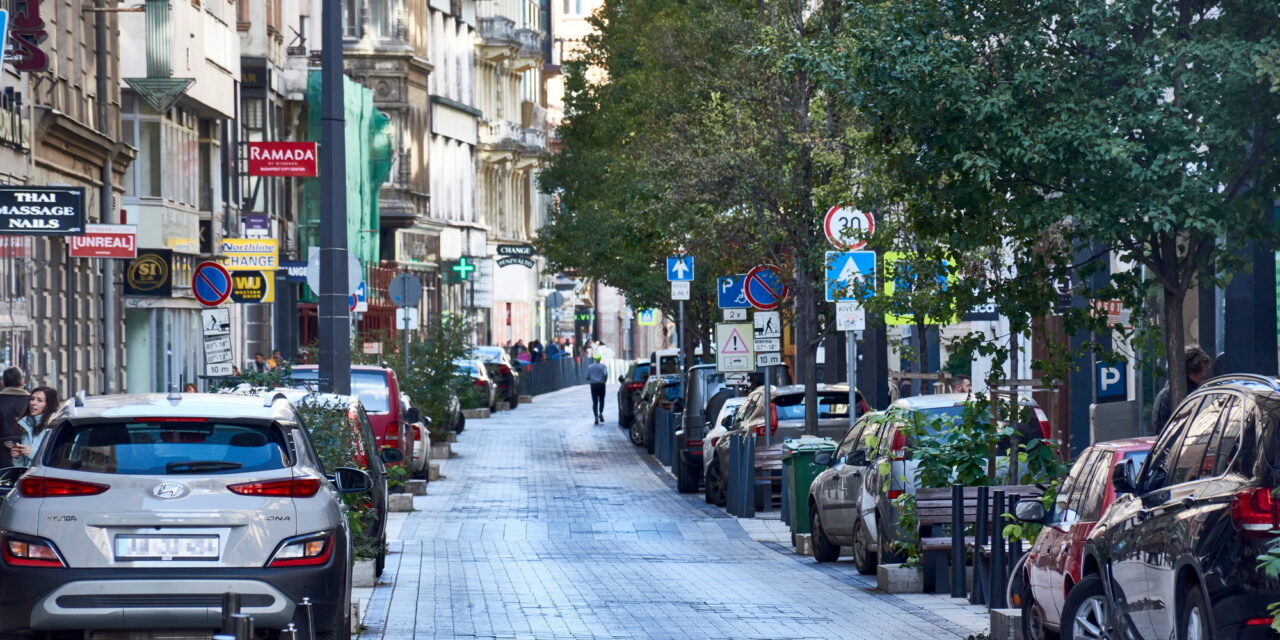Within the framework of the New Economic Policy Action Plan, the social negotiation of Airbnb regulation in the capital will be launched, the aim is to ensure affordable housing, the Ministry of National Economy (NGM) announced to MTI.
According to the announcement, in order for the Hungarian economy to grow between 3-6 percent in 2025, the government adopted a New Economic Policy Action Plan consisting of 21 measures. One of the pillars of this is the provision of affordable housing, since creating a home is the most important self-care issue across generations, which is essential for the prosperity of young people and the well-being of families.
The government gave the municipalities the opportunity to deal with the housing crisis in Budapest, but until now, with one or two exceptions, the districts and the capital have done nothing to ensure affordable housing, they wrote.
In order to deal with the housing crisis in Budapest, the government is significantly tightening the regulation of short-term housing rentals (Airbnb), and the social consultation of the relevant provisions will begin on Monday.
According to the proposed law, starting from 2025, the annual flat tax payable for private accommodation - the amount of which has remained unchanged for 7 years - in Budapest will be quadrupled, i.e. from the current extremely low HUF 38,400 to HUF 150,000 per living room.
In addition, the proposal introduces a two-year moratorium on Airbnb-type apartment rental, i.e. in 2025 and 2026, it is not possible to initiate a new registration for the purpose of short-term apartment rental in the capital. The tightening of regulations on short-term housing rentals will not affect rural settlements in any way, explained the NGM.
It can be concluded that the current housing situation in Budapest has become critical, as the ratio of apartment rents can reach up to 50-60 percent of monthly income. Almost 18 percent of the 800,000 households living in the capital, 140,000 households, live on long-term leases, which is outstanding even in international comparison, they wrote.
This situation has been significantly worsened by the fact that the short-term rental of apartments for tourist purposes (Airbnb) has also spread significantly in recent years, so that guests are currently welcomed in nearly 26,000 rooms in the capital's private accommodations. As a result, apartments of the exact size that are sought by employees, students, and young families looking for a rental apartment in the capital have been removed from the Budapest sublet market.
In addition to driving up sublet prices, real estate investments for the purpose of Airbnb have also significantly contributed to the rise of real estate prices, thus making affordable housing impossible for those who want to secure their own home.
The local population was thus gradually pushed out of the rental and real estate market of the inner districts. This is clearly demonstrated by the fact that apartment prices and rents in Budapest have risen by more than 40 percent since Covid. In addition, Airbnb also limits the rights of permanent residents to an undisturbed private life, especially in the inner districts of the capital, the announcement states.
Although solving the serious housing crisis in Budapest is primarily the responsibility of the capital, it apparently cannot handle this problem. The inaction of the local governments only aggravated the crisis situation, therefore, at the suggestion of Fidesz in the capital, the government must intervene in the interests of the families and find appropriate solutions in cooperation with it, explained the NGM.
MTI
Cover photo: MTVA/Commissioner: László Róka













